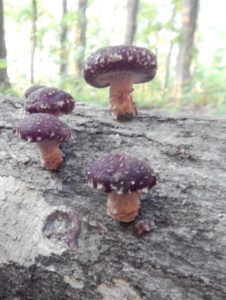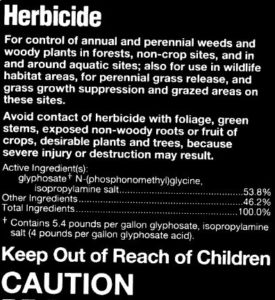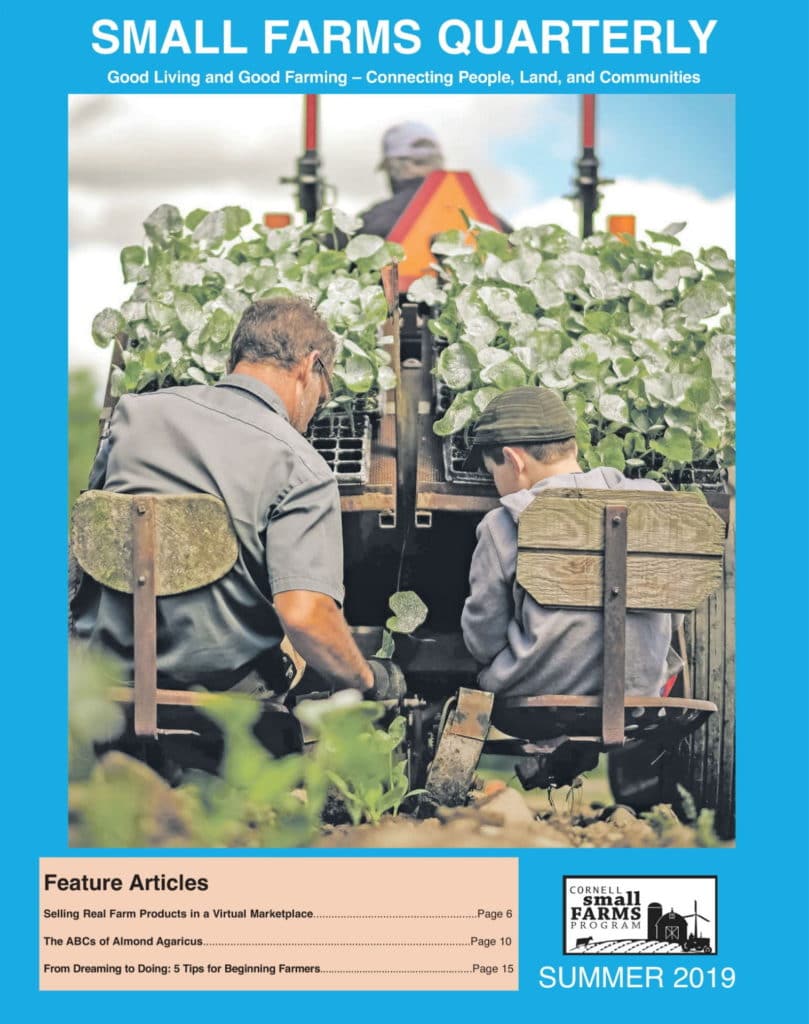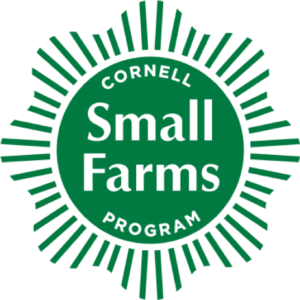Forestry & Agroforestry
Receive news and resources as they are released by joining our newsletter.
The Center for Agroforestry at the University of Missouri presents: The Future of Pollinators: Why Agroforestry Matters January 28, 2016 | 8:30 a.m. – 5:30 p.m. Bond Life Sciences Building – University of Missouri Unable to attend in person? Join us through live streaming: http://goo.gl/AjeQpG Symposium Schedule 8:00 a.m. Coffee and Registration 8:30 a.m. Introduction Dr.…
Read MoreJune 3 – 4 Hidden Valley Camp, Watkins Glen NY Friday 5 – 9pm, Saturday 9 am – 4pm Camp Mushroom is Cornell University’s annual two-day event for farmers, woodlot owners, and hobby growers who want to cultivate their own shiitake, oyster, lions mane, and stropharia mushrooms. This year marks the 11th year of the…
Read Moreby Michael Farrell Most people are familiar with maple syrup production- it is a time honored tradition throughout eastern North America and has seen a resurgence in popularity over the past decade. Though it is not well known, all species of walnut (Juglans spp.) also produce a sweet sap that can be boiled down into…
Read MoreThe use of pigs in silvopasture deserves some words of caution; rooting is not the same as masting. by Joseph Orefice The practice of silvopasture has gained interest in recent years in the Northeastern United States. This practice, which integrates the sustainable production of livestock, forage, and trees on the same unit of land, has the potential to…
Read Moreby Peter Smallidge A common feature of managed woods, and an aspect that has made them popular among farmers, woodlot owners and maple producers is the potential to harvest logs and produce boards. Managing your woods for lumber involves consideration of the logs for lumber, but also cultivating the woods to ensure future productivity and…
Read MoreFarm Scale Mushroom Cultivation (BF 150) Growing Shiitake and Other Mushrooms for Fun and Profit an online course through the Northeast Beginning Farmer Project Tues. February 23 – March 29, 2016, with webinars held each Tuesday evening from 6:30-8:00pm. http://www.nebeginningfarmers.org/online-courses/all-courses/woodland-mushroom-cultivation-bf-150/ Mushrooms are an emerging niche crop with many benefits, including improving farmer stewardship of forested…
Read MoreIntroduction to Maple Syrup Production (BF 151) Tues. Jan 12 – Feb. 16, 2016. Webinars will be on Tues. evenings from 6:30-8pm EST http://www.nebeginningfarmers.org/online-courses/all-courses/introduction-to-maple-syrup-production-bf-151/ This online course explores the possibilities of maple sugaring on your land – be it for supplemental income or for your livelihood. The material presented will assume little past knowledge of…
Read MoreAmerican beech and many other native and non-native woody plants can dominate a woodland, exclude or limit the regeneration of desired plant species, and limit the biodiversity of the site. In high abundance, these species can complicate access for maple producers. Often these interfering species gain dominance because of selective deer browsing of desired plant…
Read MorePesticides refer to a chemical, regulated by the US Environmental Protection Agency, that will prevent, destroy, or otherwise damage pests such as insects, plants, fungi, rodents, etc. Used correctly and judiciously, pesticides are an effective and safe tool. Specific types of pesticides include, for example, herbicides that control plants, insecticides that control insects, or fungicides…
Read MoreCommercial ginseng production has a long history and affiliation with Cornell University. I have a collection of Cornell publications dating from as early as 1904 on topics as specific as “Phytopthora Root Rot of Ginseng” and as general as “Diseases of Ginseng”. At one time, circa 1910, there were as many as 5,000 ginseng farms…
Read MoreSubscribe to the Small Farms Quarterly
Browse the online archive and subscribe to get each new issue when it's released.





